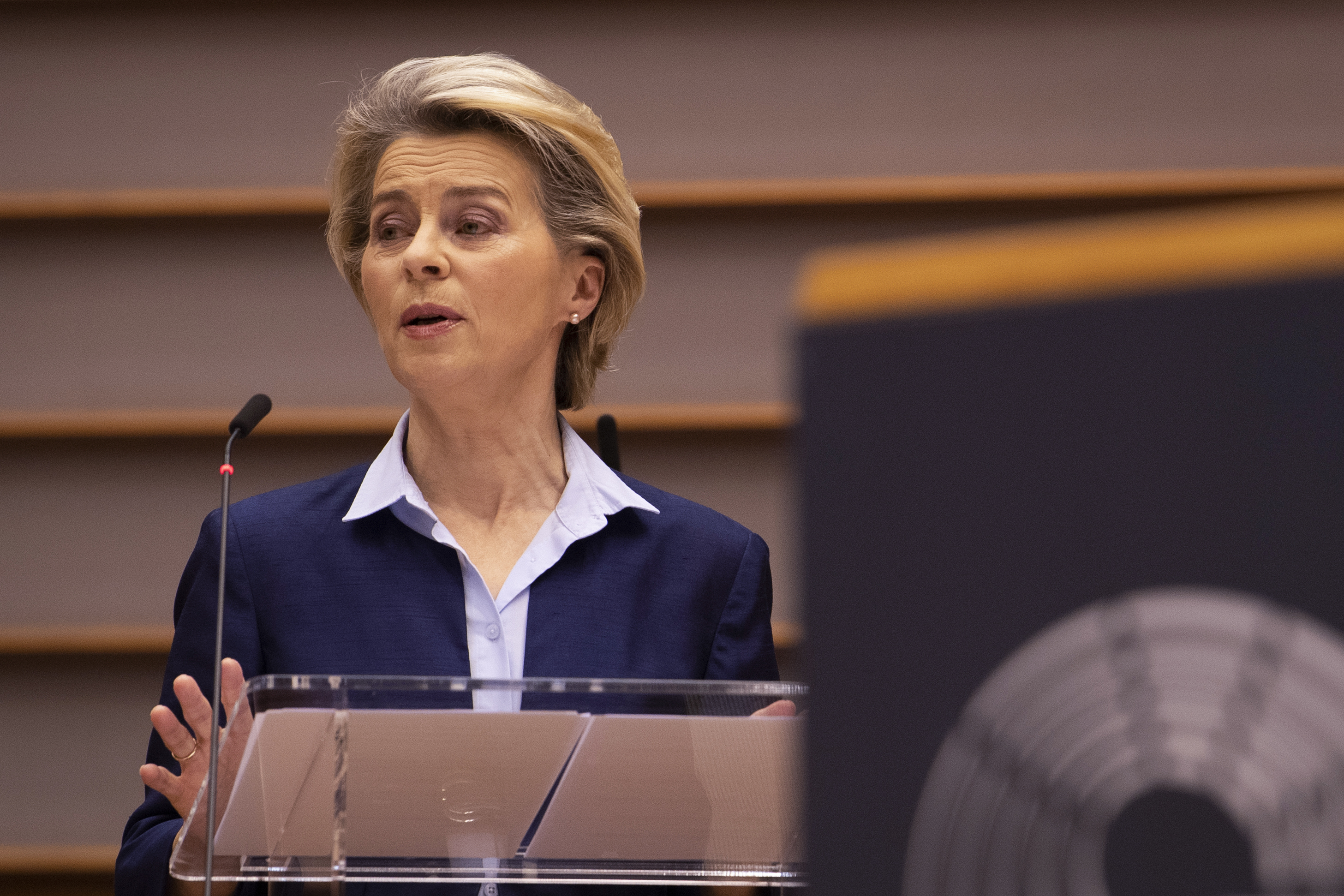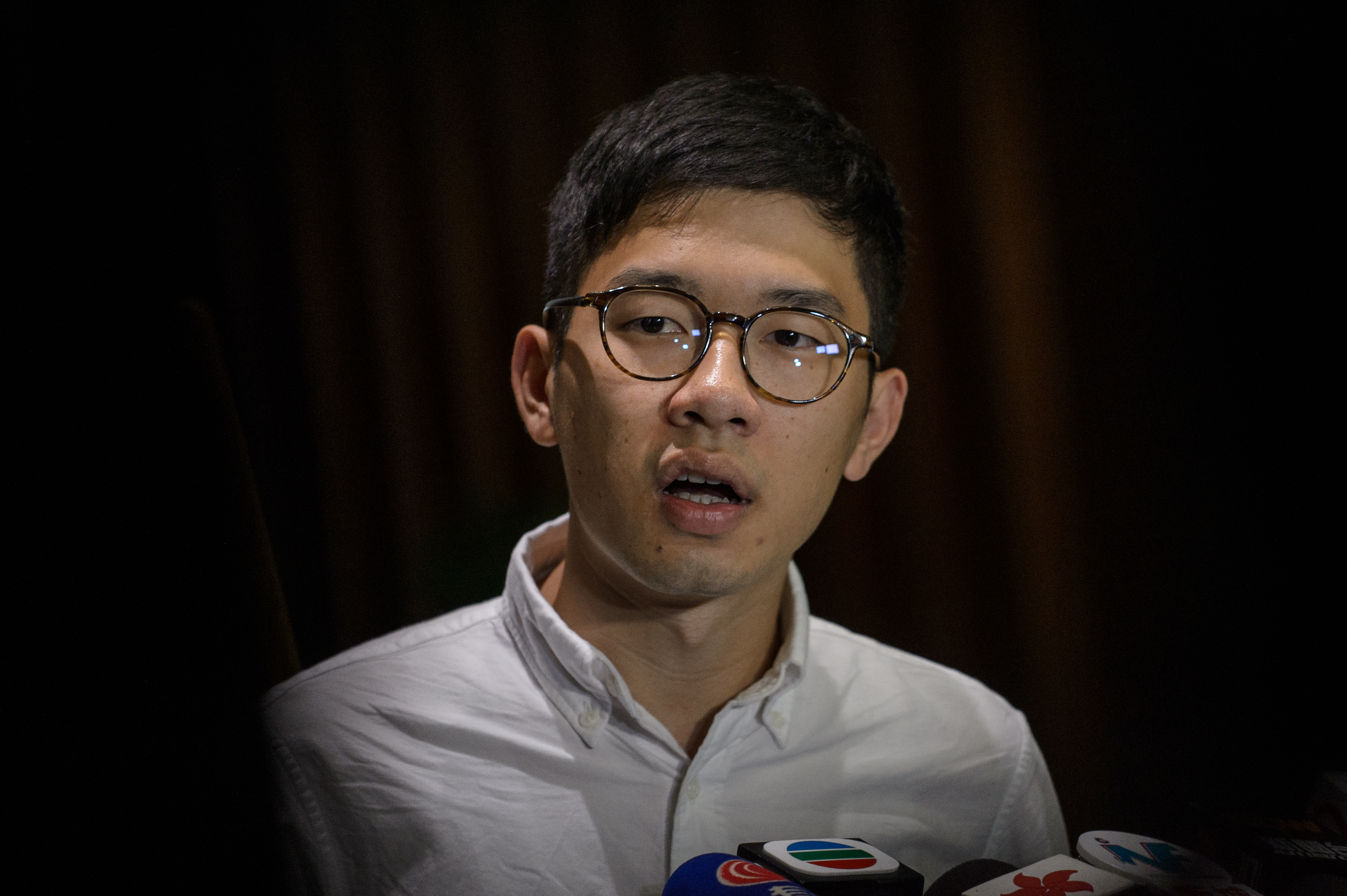Orbán becomes first EU leader to be placed on "free media predators" list
- Stay updated on the latest news from Hungary by signing up for the free InsightHungary newsletter:
Prime Minister Viktor Orbán on Monday became the first leader from Central or Western Europe to make the list of "press freedom predators" compiled by France-based free press organization Reporters Without Borders (RSF).
The list contains 37 heads of state or government that "crack down massively on press freedom," and includes such leaders as Alexander Lukashenko of Belarus, Kim Jong-Un of North Korea, Rodrigo Duterte of the Philippines and Vladimir Putin of Russia.
RSF refers to Hungary's public media as a propaganda organ, and says much of the private media has been "subjugated or reduced to silence."
"The methods may be subtle or brazen, but they are always efficient. Thanks to political-economic manoeuvres and the purchase of media companies by oligarchs close to Fidesz, the ruling party, it now controls 80 per cent of the country’s media landscape," the organization writes.
In response to the report, Orbán posted a video to his Facebook page on Wednesday where he visits a Budapest newsstand and purchases copies of several independent newspapers and magazines. Orbán tells the newsstand manager that "some organization belonging to uncle George Soros" put Hungary on a list of enemies of press freedom.
European Parliament passes resolution condemning Hungary's anti-LGBT law
Lawmakers of the European Parliament met in Strasbourg on Thursday and passed a resolution that "condemns in the strongest possible terms" a Hungarian law passed in June that they view as an attack on the rights of LGBTQ people.
The resolution passed with 459 yes votes, 147 no votes and 58 abstentions. In its text, the EU legislature's five largest groups called for the repeal of the law and urged the European Commission to withhold post-pandemic recovery funds to Hungary unless it agrees to desist in its anti-LGBTQ agenda and implement anti-corruption measures.
The Parliament stressed that the law is not an isolated incident, but “rather constitutes another intentional and premeditated example of the gradual dismantling of fundamental rights in Hungary.” It added that "state-sponsored LGBTIQ-phobia and disinformation campaigns have become tools for political censorship" in Hungary.
In a debate on the law in Strasbourg on Wednesday, President of the European Commission, Ursula von der Leyen, told the European Parliament that the law was "a disgrace," and said the commission would use its full power to ensure that EU law is upheld.
"This law puts homosexuality and gender reassignment on par with pornography. This legislation uses the protection of children ... as an excuse to severely discriminate against people because of their sexual orientation," she said.
Prime Minister Viktor Orbán did not attend the debate in Strasbourg, but offered his interpretation of the session during a trip to Belgrade on Thursday. He claimed that the European Parliament and European Commission "want us to allow LGBTQ organizations into kindergartens and schools," and that the debate "is about who decides how we will raise our children."
"Brussels bureaucrats have no place here, and no matter what they do, we are not going to allow LGBTQ activists near our children in kindergartens and schools," Orbán said.
Government to amend decree requiring NGOs to disclose the names of donors
A government decree published last week eliminated the possibility of making anonymous donations to non-governmental organizations in Hungary, requiring associations and foundations to report to the government every year how much money they receive and the names of their donors.
The decree also requires that names of individuals be provided even in the case of donations from a company or other organization. If a company makes a donation, for example, the names of each person who own at least a 25 percent stake must be reported.
But on Saturday, Secretary of State Balázs Orbán wrote on Facebook that the decree would soon be amended, and that donations of under HUF 500,000 (€1,400) could remain anonymous.
"Meanwhile, the requirement of transparency will be strengthened for larger sum donors," he wrote.
The requirement to identify donors comes after the European Court of Justice ruled last year that Hungarian legislation from 2017, which required NGOs that receive more than €20,000 in foreign funding annually to register with the government and disclose their foreign donors, violated European law.
That law was repealed this year, but another took its place which requires NGOs with an annual budget of more than HUF 20 million (€56,000) to be audited by the State Audit Office every two years.
Speaking at a press conference on Wednesday, the prime minister's chief of staff Gergely Gulyás confirmed that donations below HUF 500,000 could remain anonymous.
"We made a mistake, I made a mistake," he said of the first version of the decree, acknowledging that it did not comply with EU regulations.
Hong Kong activist writes open letter to Orbán over Beijing's crackdown on democracy
An activist and politician from Hong Kong addressed on open letter to Prime Minister Viktor Orbán on Monday, calling on his government to desist in blocking efforts by the European Union to support pro-democracy activists in Hong Kong.
"It’s difficult to imagine how somebody who battled against the brutal repression of a communist party at a young age could later become a staunch supporter of another. And yet, an increasing number of people like you have done just that," Nathan Law wrote in his letter to Orbán, which was published in Politico.
Law, a founding organizer of the Umbrella Movement, a series of protests by Hong Kong activists in 2014, now lives in London after receiving political asylum.
"People might wonder why an exiled democratic activist and former legislator facing political charges and potential imprisonment cares about Hungarian politics. The answer is, because what happens in Budapest has an impact on what happens in Hong Kong," he wrote.
Law argued that the Orbán government's increasing ties to the Chinese government "has made it difficult for the EU to put pressure on Beijing when it comes to human rights violations." He cited Hungary being the first EU country to join China’s Belt and Road Initiative in 2015, "paving the way for Beijing to export its authoritarian model to the world."
The letter points to Hungary's decision in May to block a joint European Union statement criticizing China for restricting democracy in Hong Kong. It was the second time in several weeks that Hungary blocked approval of an EU statement on China's implementation of its National Security Law in Hong Kong.
In mid-April, Hungary blocked an earlier version of the resolution, saying the EU "already has too many issues with China," according to a senior EU diplomat. Hungary's foreign minister Péter Szijjártó said it was "pointless" to issue another statement or resolution on China, since of the eight statements issued so far, "none has brought change or positive progress."
Law closed his letter by urging Orbán to "work as part of a democratic alliance to implement checks and balances on China’s grip on the world."



